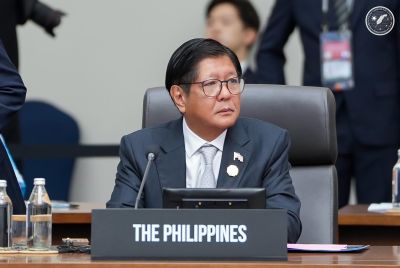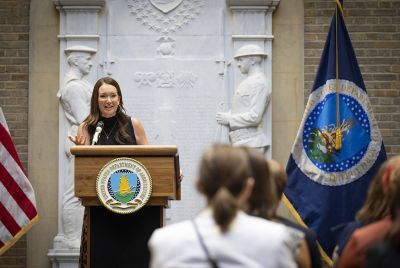US to Impose Financial Sanctions if Ukraine Violence Worsens

The US could impose financial sanctions on Ukraine if its leaders fail to reach a political agreement quickly and quell the violence in Kiev and other cities that has claimed six lives, Reuters reported, citing US officials.
Congressional aides have said the "final details of the package have not been worked out, but it could be put in place quickly against government officials - or leaders of the protest movement - in case of widespread violence," the news agency reported.
The Ukrainian government made a series of conciliatory steps in recent days, including the repealing of a harsh anti-protest legislation, the passage of a bill giving amnesty to detained protesters and the acceptance of the resignation of the prime minister and his cabinet.
However, the pro-EU protesters who seized control of key government buildings in the two-month-long protest against President Viktor Yanukovych's decision to backtrack from signing a trade deal with the European Union have refused to back down.
Rising concern
The US and the EU powers have voiced concern over the worsening turmoil in Ukraine. Washington had revoked the visas of some Ukrainian officials and the House Foreign Affairs Committee passed a resolution asking the parties in conflict to stem the violence and work for a peaceful resolution.
Congressional aides told Reuters they had discussed the sanction preparations with the administration officials, but refused to identify themselves or give further details.
"The situation in Ukraine remains very volatile and more needs to be done ... We must remain engaged," Democrat Representative Eliot Engel from New York, who in the Foreign Affairs Committee, said.
"Is this a compromise, or are these political prisoners? ... We will seize new buildings, if the authorities don't really change the situation in the country."
Catherine Ashton, the EU's foreign policy chief, said violence in the Ukrainian capital and across the country was shocking. Ukraine needed "a political process that is engaged in quickly and properly by everyone," said Ashton, who was in Kiev for talks with Yanukovych and opposition groups, the BBC reported.
"The responsibility is inevitably going to fall on government to do that as quickly as possible," Ashton said.
Meanwhile, the main protest groups abstained from voting when the Ukrainian parliament passed the amnesty bill, voicing disagreement over a clause in the bill that required the protesters to cede control of government buildings they occupied during the protest.
"Is this a compromise, or are these political prisoners? ... We will seize new buildings, if the authorities don't really change the situation in the country," a protester in the main camp in Kiev's Independence Square told the Associated Press.
Former boxer Vitaly Klitschko, a key protest leader, said the demonstrations would go on despite the amnesty bill. "Instead of reducing the degree (of tension) in society, (it will do) the opposite, (the) temperature will be rising," he said, BBC reported, citing Interfax news agency.
Russia's move
The cold reaction to a slew of government measures suggested the pro-EU protesters would not be happy with anything less than the departure of President Yanukovych and the signing of the trade deal with the European Union.
With pressure mounting on Yanukovych to normalise the political situation, Russia has indicated that it may not proceed further with a $15bn (£9.2bn; 10.9bn euros) bailout package it had offered Ukraine close on the heels of the government's rejection of the EU trade deal.
Russian President Vladimir Putin said it was "reasonable" to put off future disbursements from the bailout package until a new cabinet is formed in Kiev, the Financial Times reported.
© Copyright IBTimes 2025. All rights reserved.





















